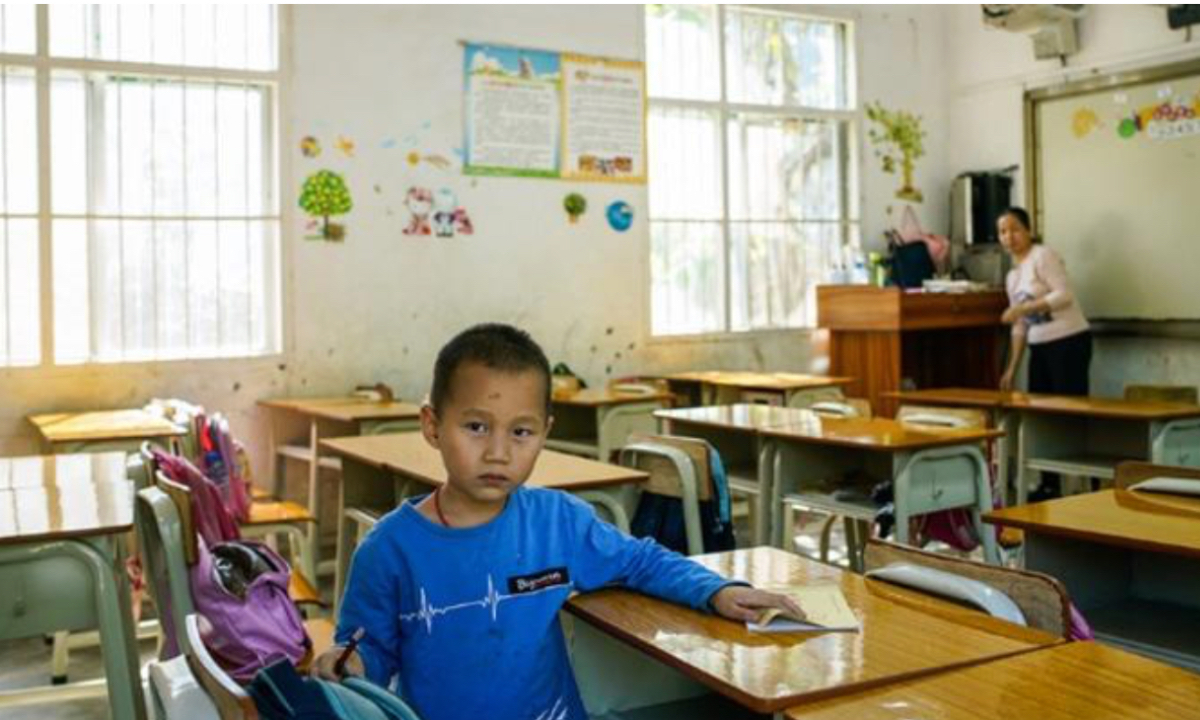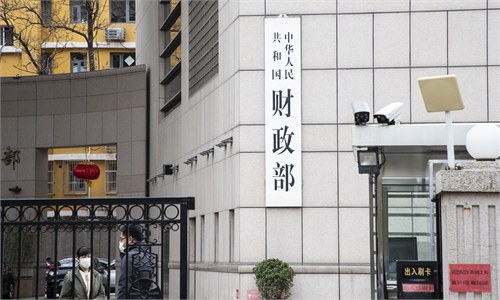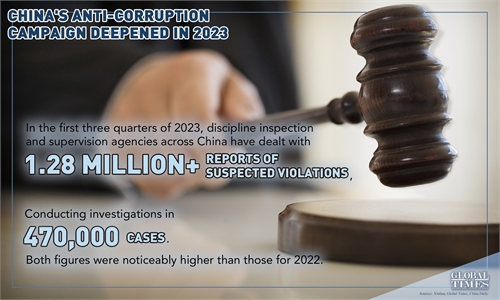National audit authority reveals $268 million student meal fund misused for local government debts and basic expenses

Photo: Screenshot from website
From 2021 to August 2023, 66 counties in China used 1.95 billion yuan ($268 million) of funds designated for student nutrition meal subsidies to repay local government debts or cover other expenses, according to a recent central government audit.
Hou Kai, Auditor General of the National Audit Office of China (CNAO) of the State Council, pointed out the problem in a work report delivered at the 10th session of the Standing Committee of the 14th National People's Congress (NPC), which concluded on Friday.
The audit report disclosed several issues in the management and use of livelihood funds in areas such as education, employment, rural revitalization, and other aspects of wide public concern, Jiemian.com reported Monday.
Regarding the audit of special funds for the improvement of nutrition for rural students under compulsory education, the State Council focused on auditing 159 counties in 13 provinces from 2021 to August 2023, involving a total subsidy of 23.137 billion yuan. That accounted for 91 percent of the total amount of subsidies for the audited counties during the same period.
The first identified problem was misappropriation. The 66 counties used 1.95 billion yuan to repay government debts and other basic expenses; 41 counties and 1,533 schools reduced meal standards or fabricated purchases, holding 270 million yuan; 5 counties colluded with bidders to get 42 million yuan of kickbacks in the form of supplier dividends or donations.
The second problem was illegal business practices, as 147 meal suppliers and some school canteens were found to adulterate food.
The audit also found lax regulation on the bidding process and supply supervision. Twenty-five counties directly appointed or set unreasonable clauses to ensure 52 suppliers served 2,605 schools; 78 companies or individuals borrowed or fabricated required certificates or colluded in bidding to get 101 meal programs in 35 counties. Supervisors and staff of 77 schools abused their power for personal gains.
Regarding employment subsidies and unemployment insurance funds, the CNAO audited 350 billion yuan of employment subsidies and 613 billion yuan of unemployment insurance funds in 193 places.
In 9 provinces, 109,000 people did not receive social insurance subsidies they were entitled to; in 24 provinces, 386 employers fabricated labor relations to swindle subsidies totaling 1.3 billion yuan.
As for rural revitalization, the CNAO audited 73 key counties in 11 provinces, reviewed 4,232 assistance programs and 479.21 billion yuan of funds. They found that 16 counties did not include 23,600 people in the scope of the survey as required, and 649 people were reported to have been assisted but did not receive aid. Social capital owed 2.13 billion yuan in land transfer fees to 111,000 households of farmers and maliciously forced prices down by 560.64 million yuan when purchasing agricultural products.
In response to the above problems, the CNAO called for strict investigation and punishment of various violations of discipline on financial and economic issues. It emphasized correcting the tendency to overlook individual accountability and treat the violations as misconduct of organizations.
It also urged special rectification in areas and organizations where financial discipline is lax and problems are relatively common. They will lawfully and regularly expose and punish typical cases to create a strong deterrent effect and avoid the "broken windows" effect.
The CNAO will continue to supervise related work and report on the comprehensive rectification by the end of the year.


